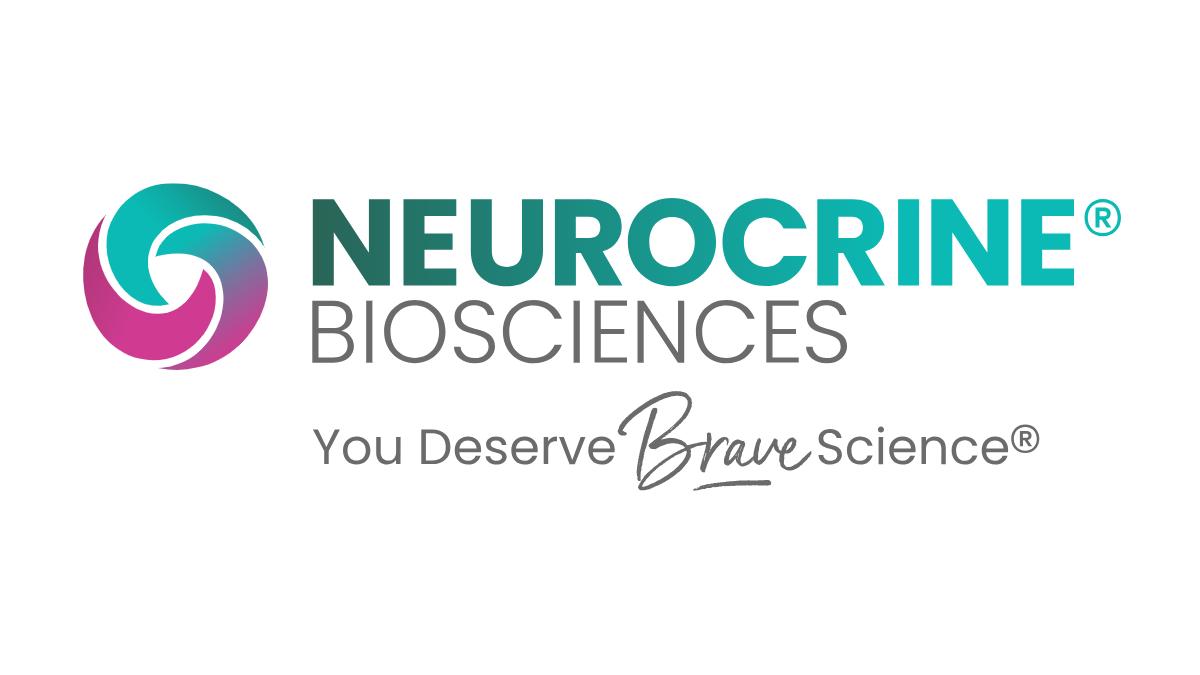FDA clears Neurocrine drug for rare adrenal disorder

The FDA has approved Neurocrine Bioscience's Crenessity for classic congenital adrenal hyperplasia (CAH), the first drug for the rare disorder that works by directly targeting the underlying disease process.
Crenessity (crinecerfont) is cleared as a daily oral therapy for use in patients aged four and over with classic CAH, a disease caused by a deficiency in an enzyme that stimulates the adrenal glands to release hormones, including cortisol and aldosterone.
If untreated, it can result in electrolyte imbalances, dehydration, and increases in male hormone (androgen) levels that can cause problems in both girls and boys with the disorder, which affects up to one in every 10,000 to 15,000 people in the US and Europe.
At the moment, classic CAH is treated with glucocorticoids, which have to be given at high doses to achieve suppression of androgens, leading to side effects including weight gain, high blood pressure, raised blood sugar, and bone loss.
Crenessity – a selective oral corticotropin-releasing factor type 1 receptor (CRF1) antagonist – works by reducing excessive adrenal androgen production, which helps reduce the amount of glucocorticoid treatment needed, which, according to Neurocrine, is a "paradigm-shifting treatment approach" and the first new option for patients in more than 70 years.
The head of endocrinology at the FDA's Centre for Drug Evaluation and Research (CDER), Theresa Kehoe, echoed that sentiment, calling Crenessity's approval an "important advance" for patients.
The green light came from a pair of placebo-controlled CAHtalyst trials in 182 adults and 103 children with classic CAH. The results showed that Neurocrine's drug was able to reduce patients' glucocorticoid intake over 28 weeks, by 27% compared to a 10% increase with placebo in adults, with an 18% reduction versus a 6% increase with placebo in children.
In a statement, Neurocrine said it expects to launch the new product within a week. In its third-quarter results call, chief commercial officer Eric Benevich said the drug "has all the characteristics of a future blockbuster" although he cautioned that it could take some time to reach that threshold.
Benevich noted that commercial payers in the US typically have new-to-market coverage restrictions or even policies to block reimbursement for up to the first six months when a new product is launched.
"We intend to offer a free goods programme during the period when patients' insurance reimbursement claims are being adjudicated and to enable endocrinologists to get familiar with the benefit-risk profile of crinecerfont," he told investors.











